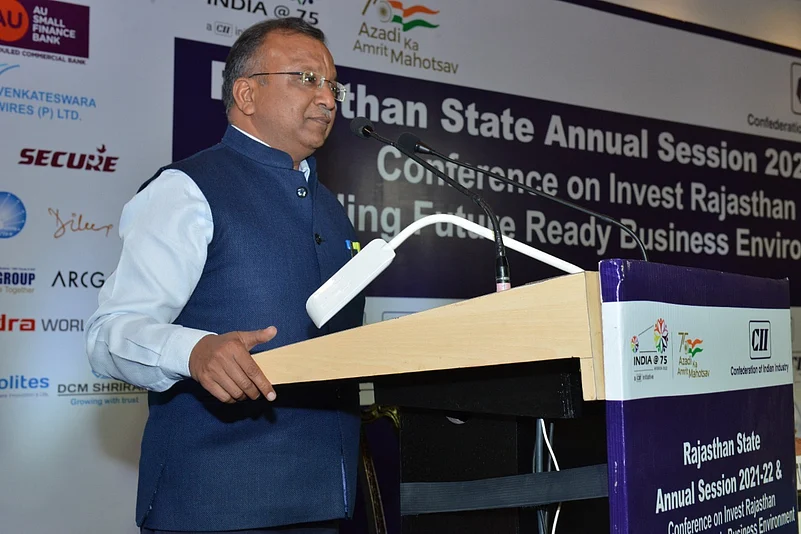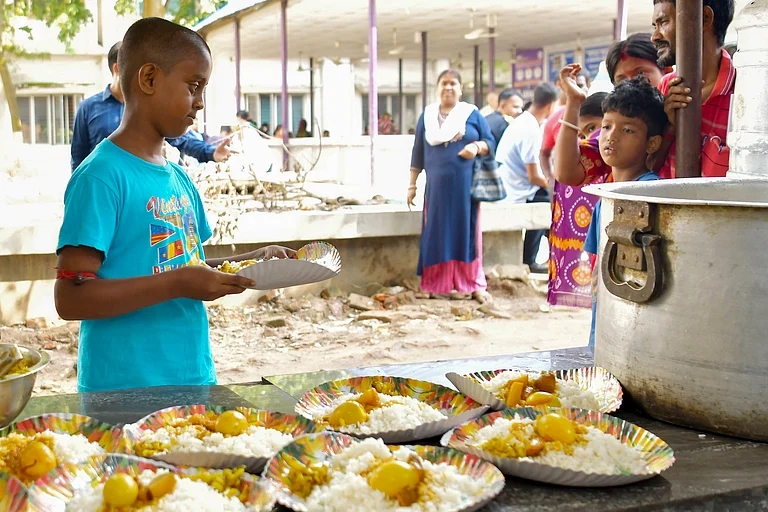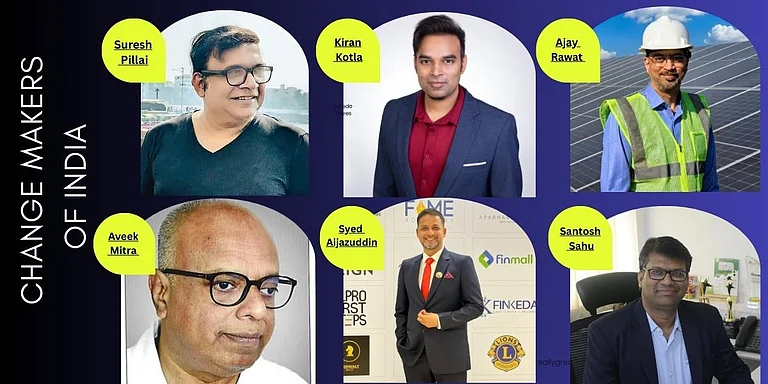Aquaculture, often referred to as aquafarming, is the practice of breeding, rearing, and harvesting aquatic organisms such as fish, shellfish, and aquatic plants in controlled environments. This method of food production plays a crucial role in meeting the growing global demand for seafood, which has surged due to population growth and dietary changes.
Aquaculture is conducted in various environments, including freshwater, brackish, and marine settings. The techniques employed can vary widely, from traditional pond farming to advanced systems like recirculating aquaculture systems (RAS) and integrated multi-trophic aquaculture (IMTA), which combine different species to enhance sustainability and productivity. By providing a reliable source of food and supporting ecosystem restoration efforts, aquaculture contributes significantly to food security and the health of aquatic ecosystems.
Subodh Agarwal, currently the Director General of the Indira Gandhi Panchayati Raj Sansthan in Jaipur, has made remarkable contributions to the field of aquaculture in Bharatpur. His visionary efforts in creating sustainable ponds for fish farming during his tenure at Bharatpur as the District Collector and District Magistrate have positioned him as a noteworthy figure in promoting aquaculture as a vital component of food security and ecological balance. Agarwal had successfully implemented a range of innovative initiatives aimed at improving aquacultural practices and fostering community engagement. Let's get insights from IAS Subodh Agarwal on how the popularity and the scope of aquaculture have only grown with time.
Aquaculture in India has witnessed remarkable growth and transformation over the years, evolving from traditional practices to a dynamic industry that significantly contributes to the nation's economy and food security. Historically, aquaculture in India has roots in ancient practices, where communities cultivated fish in ponds and rivers primarily for subsistence. However, as the demand for seafood has surged due to population growth and changing dietary preferences, aquaculture has emerged as a key player in meeting this need.
Today, India ranks as one of the largest fish-producing countries globally, contributing approximately 7.58% to the world's total fish production. The aquaculture market in India was valued at USD 1.42 billion in 2023 and is projected to grow at a compound annual growth rate (CAGR) of 10.4% from 2024 to 2030. This growth is driven by several factors, including rising domestic and global demand for fish and seafood products, advancements in aquaculture technology, and government initiatives aimed at boosting the sector.
"The growing demand for aquaculture in India shows how resilient and resourceful our nation can be. Communities nationwide are stepping up, embracing innovative and sustainable practices that tap into our rich aquatic resources to feed millions. This isn't just about boosting food security; it's about empowering local economies, creating jobs, and lifting lives” says Subodh Agarwal.
Subodh Agarwal, IAS, as the head of the apex training institute for Panchayati Raj and rural development, is committed to integrating aquaculture into the training curriculum of IGPR&GVS. This initiative aims to enhance the economic strength of rural communities by fostering local prosperity while also promoting social empowerment.
Aquaculture has emerged as a critical solution to meet the growing global protein needs, and India's recent achievements in this sector highlight its potential. In the fiscal year 2022-23, India recorded its highest-ever export of 1.73 million metric tons (MMT) of fisheries and fisheries products, valued at $8.09 billion. This impressive milestone demonstrates not only India's capacity for aquaculture but also its role in the global seafood market.
“The relationship between aquaculture's growth and India's export success is significant. As global demand for seafood continues to rise—accounting for approximately 17% of total animal-source protein consumed worldwide—aquaculture stands out as a sustainable way to meet these needs.” Believes IAS Subodh Agarwal.
India's advancements in aquaculture not only contribute to domestic food security but also position the country as a key player in fulfilling global protein demands. India's ability to export high-quality fish products enhances its reputation on the international stage while addressing nutritional challenges worldwide.
Moreover, aquaculture provides essential nutrients such as omega-3 fatty acids, vitamins, and minerals, making it a valuable dietary component. As India continues to innovate and adopt sustainable practices within its aquaculture sector, it can significantly impact global food systems by providing a reliable source of protein that is both nutritious and environmentally sustainable.
However, with every unprecedented development comes the question of sustainability.
"As India continues to expand its aquaculture capabilities, it is crucial that we pursue sustainable practices to unlock the full potential of this sector," Agarwal emphasizes.
"Sustainable aquaculture is not just about increasing production; it's about cultivating our aquatic resources responsibly to protect the environment and support our communities."
Subodh Agarwal suggests that by adopting measures such as minimizing chemical usage, implementing waste management strategies, and promoting disease management, India can mitigate the negative impacts of intensive aquaculture. "If we can achieve this balance between growth and sustainability, then no one can stop us from becoming a global leader in seafood production while ensuring food security for millions,"
The relationship between aquaculture's growth and India's export success is undeniable, but it must be carefully managed to ensure long-term viability. By investing in sustainable practices and leveraging technological advancements, India can transform its food systems while ensuring a healthier future for generations to come.


























